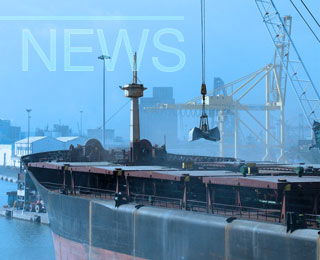Kenyan producers of clinker are being boosted with the proposal to introduce a new tax as the State moves in to protect local industry. The export and investment promotion levy is a new tax that the William Ruto administration is seeking to impose on imported goods that can be made in Kenya to boost the local manufacturing industry.
The Kenyan state government has, through the Finance Bill 2023, proposed the export and investment promotion levy rate on imported clinker at the rate of 10 per cent of the customs value. The levy, if the Parliament passes it, will be in addition to a 10 per cent duty on clinker imports, making them expensive and less attractive compared to those produced locally.
“This (tax) will reduce imports and save the country foreign exchange spent on buying clinker from external markets,” said Narendra Raval, chairman of the Devki Group that owns Simba Cement and National Cement.
“The tax levels the playing field because high electricity costs make locally produced clinker more expensive by between five to 10 per cent,” Mr Raval added.
Imports of clinker had already dropped 38.4 per cent to 656,499t last year, reports the Business Daily. The value of the imports meanwhile fell 24 per cent to KES5bn (US$36.6m) in the same period. The majority of Kenyan cement manufacturers import clinker mainly from Egypt.
Several cement manufacturers have disclosed plans to set up clinker plants in the coming years. Simba Cement is nearing completion of building its clinker plant in West Pokot County. The facility is set to be completed by August.
Five players, including Savannah Clinker and Simba Cement, are expected to put up individual clinker investments worth US$1bn (KES136bn).
